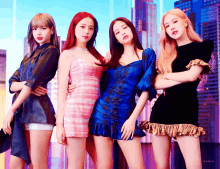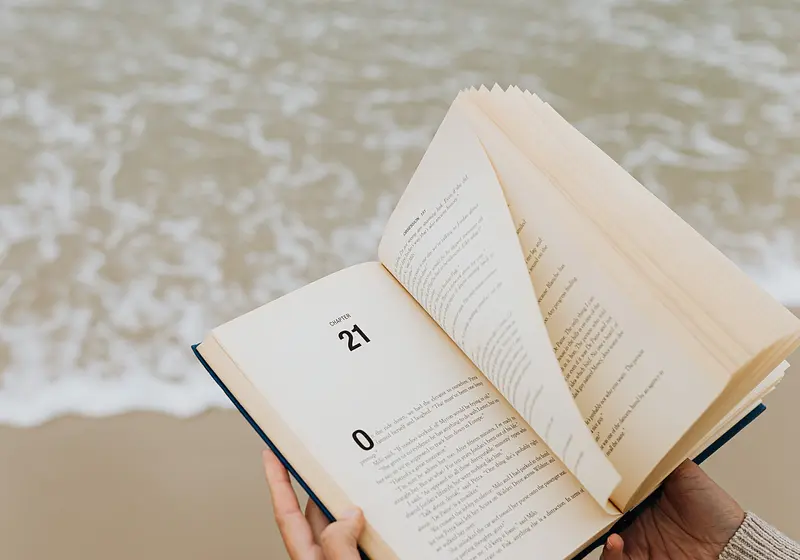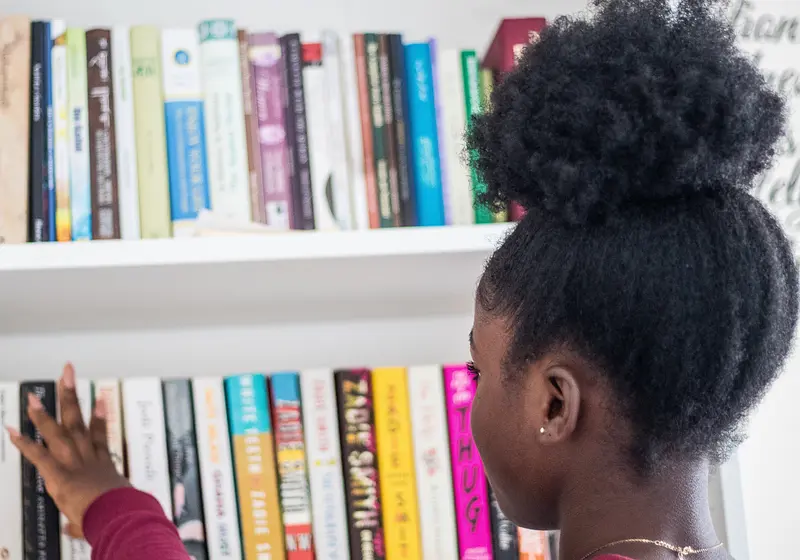As one of the most controversial genres, the value of books within Young Adult fiction has largely been debated. Besides the fact that we should let teenagers read what they want to read, we cannot ignore the obvious flaws and shortcomings of YA fiction. In particular, this article will focus on mainstream YA fiction; why it’s looked down upon in terms of quality, and whether these arguments have value.
First we have to examine the flaws of the genre, wide-ranging as they are.
Let us slide into your dms 🥰
Get notified of top trending articles like this one every week! (we won't spam you)Diversity And Representation
It’s 2021. Diverse casts, diverse bookshelves and character representation should be something avid readers strive for. Everybody deserves to have themselves represented in their favorite book, and YA is no exception.
Mainstream novels tend to have a lack of representation, focusing on cisgender, white, heterosexual characters. This is not to say that that is a problem, but actively disregarding the representation of minorities is harmful for many communities. Marginalized communities deserve to see themselves in mainstream media. It also remains that a book isn’t realistic if it has a 100% white, heteronormative cast.
YA novels have the unfortunate flaw of not adequately representing these minorities. Let’s take the example of different body types. The majority of YA fiction focuses on thin, lean bodies, without representing the average person. This in turn leads to harmful stereotypes and aspirations that a regular person cannot attain easily.
This problem stretches to representation of POC, neurodivergency, LGBTQ+ individuals, etc.
What writers in the genre need to do is slowly incorporate more diversity into their characters and their novels. Token diversity is as harmful, so educating yourself about the importance of it is essential.

Take the Quiz: Which Generation Matches Your Personality?
Discover the generation you truly belong to!
Overused Tropes
Before going into the negative ramifications of these tropes, it is important to understand exactly what they are.
The “I’m Not Like Other Girls”
Where the main character’s sole personality trait is that she doesn’t do stereotypical “girly” things, rather being more boyish and looking down on girls.
The Emotionless Brooding Hunk
The closed-off tall, cold stranger who somehow falls in love with the main character without exhibiting any feelings.
The Token Diversity
The stereotypical best friend, chosen to be such to fill the diversity quotient without the author actually trying to give the character a personality.
The Chosen One
The prophecy has decreed that this seemingly ordinary person will rule the world and become a hero etc etc.
Now, these tropes aren't necessarily bad, they’re just overdone. From Tris Prior’s inability to see her good looks to countless love triangles, it seems that a YA book isn’t complete with one of these tropes.
Admittedly, they may have a connection to something bigger. The target demographic for these books wants to read these tropes, despite the repetitiveness. You can’t deny that the “ugly yet beautiful main character” is fun to read because of their relatability.
Same goes for the Chosen One. Who doesn't want to be a hero?
The moral of the story is that despite the over saturation of these tropes in the industry, they’re fun to read. Yes, we could benefit from some change, but there’s no harm liking the foundations of YA fiction.
Predictability
Almost every mainstream YA fantasy novel’s title includes the words “throne, fire, shatter, glass, sword, queen.”
Almost every cover follows a trend. In the 2009-11 era, this was dark and mysterious covers. The covers 2015 onwards follow a pattern of being font driven, featuring big bold text and minimal doodles or icons.
This also stretches to the plot, characters, setting, etc. of YA books. Mary Sue characters, dystopian, post-apocalyptic worlds, etc. form the base for this genre.
Obviously, this isn’t bad. Simplicity does not indicate quality. Yes it may be formulaic, but it’s entertaining for a large amount of people. There is no high ground when it comes to literature, you can read what you want to read.
So yes, the genre does have its faults. But it’s a genre that does incredibly well in the industry. Why is that?
The Fandoms
Fans of a particular novel flock together. For YA novels, in particular, readers tend to talk about their interests online. They create fan-fiction, fan-art, memes, etc.
This creates an attachment between them, the characters, and the world they read. Obviously, this means that the readers go back multiple times to the same series, the same author, etc. YA novels in particular foster online communities that are so tightly knight, it’s amazing. It stretches beyond the books themselves, and leads to relationships and connections between people from all around the world.
Mainstream ≠ The Genre
YA novels from outside the mainstream offer so much more than what meets the eye. The genre cannot be defined by the 5 books that everyone talks about. When you delve deep into the genre, and diversify your bookshelf, you can find absolute gems.
Here are some recommendations of YA novels. They may or may not be well-known, but they are great reads regardless!
Eragon - Christopher Paolini
You Should See Me In A Crown - Leah Johnson
Looking for Alaska - John Green
A Song Of Wraith And Ruin - Roseanna A Brown
Perks Of Being A Wallflower - Stephen Chbosky
Six Of Crows - Leigh Bardugo
The Hate You Give - Angie Thomas
Scythe - Neal Shusterman
They're Fun To Read
However bad a book is, it still can be entertaining. Love triangles, when written well, are fun to read! Tropes (not harmful ones) are familiar and nostalgic to read. Literature is purely for entertainment purposes, and condemning a whole genre as “cringe” is just being narrow-minded.
Even mainstream novels go into topics and themes that are relatable for teenagers. Mental health, pressure, and stress, being an outsider, etc. are common themes of YA novels, which is one of the reasons why the genre is so popular.
YA books teach simple but valuable lessons for the generation. The Hunger Games provided a critique of capitalism, and though it’s one of the mainstream YA novels, it is often criticized for its apparent simplistic plot and love triangle.
So despite the flaws of the genre, it is rapidly improving as readers seek out fresh and engaging novels. There’s one reason the YA genre is hated, however, that cannot be helped.
The Superiority Complex
There are people who scorn young adult literature solely because teenagers are their target market. People dismiss YA as childish, as cringe, and just generally a lesser genre. These are the same people who sit on their throne of moral superiority wielding the “classics.”
People like to put down young adult novels to feel superior, but they’re the same as in any other genre. There are good ones, there are bad ones. You sometimes need to dive deeper than what is most popular to find what best suits you.
The Bottom Line
Let people read what they want to read. Just because a genre’s target audience is teenagers, does not mean that it is a lesser genre. Yes, there are flaws, but every genre has its flaws.
The important thing is that reading is fun and good for people. YA is easy to read, entertaining, and leads to some great things. By addressing the problems with the genre, we improve it. And that’s what matters.














